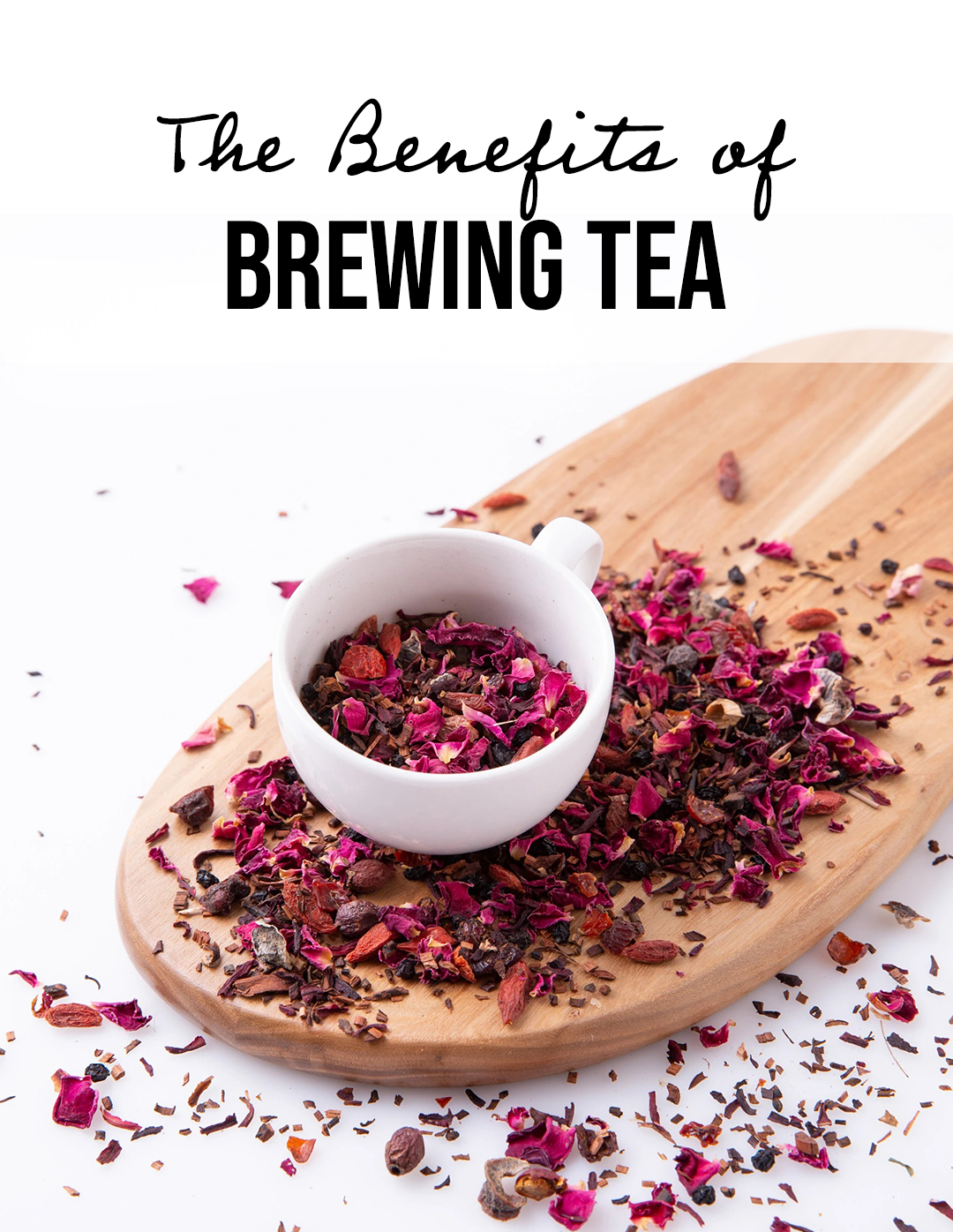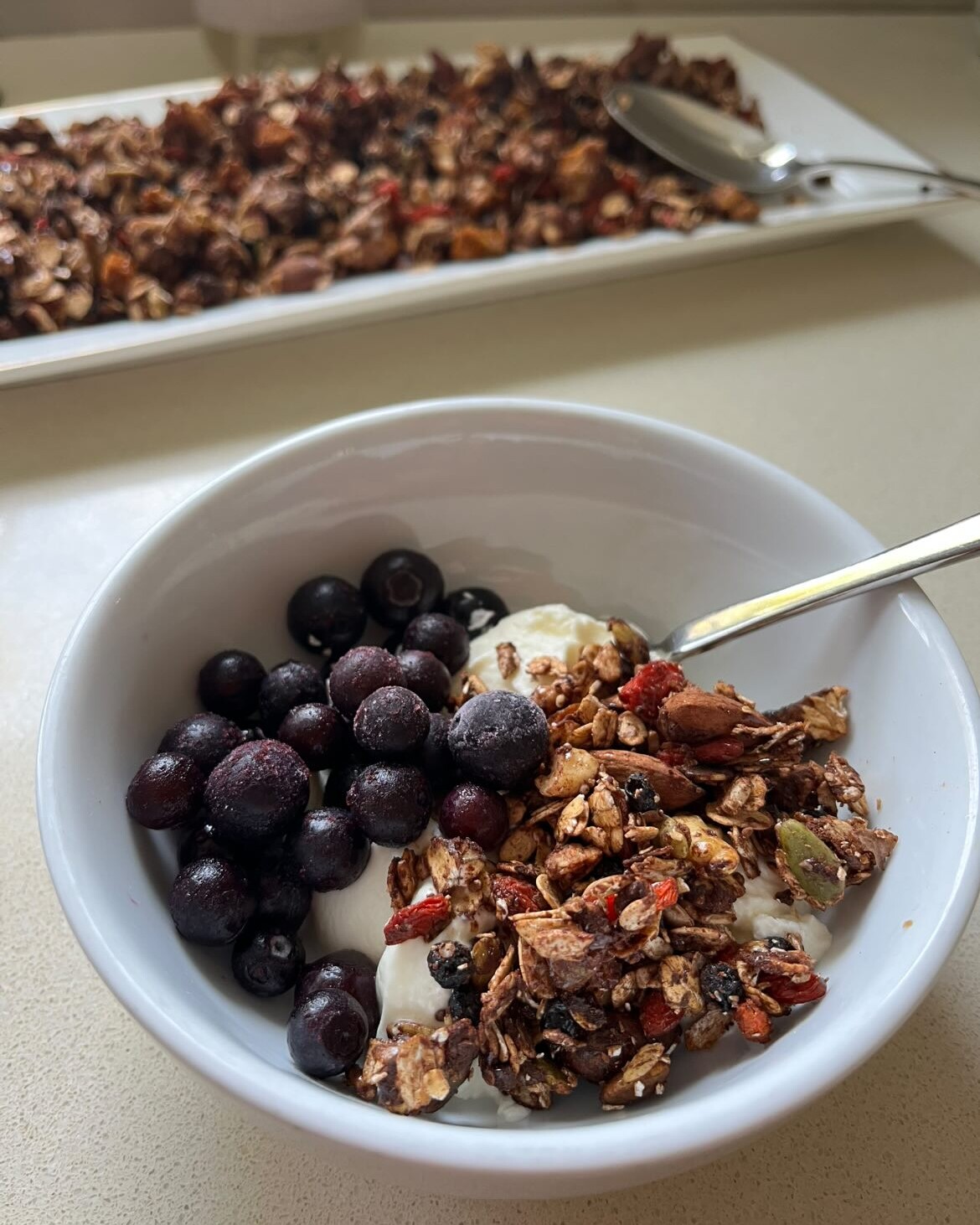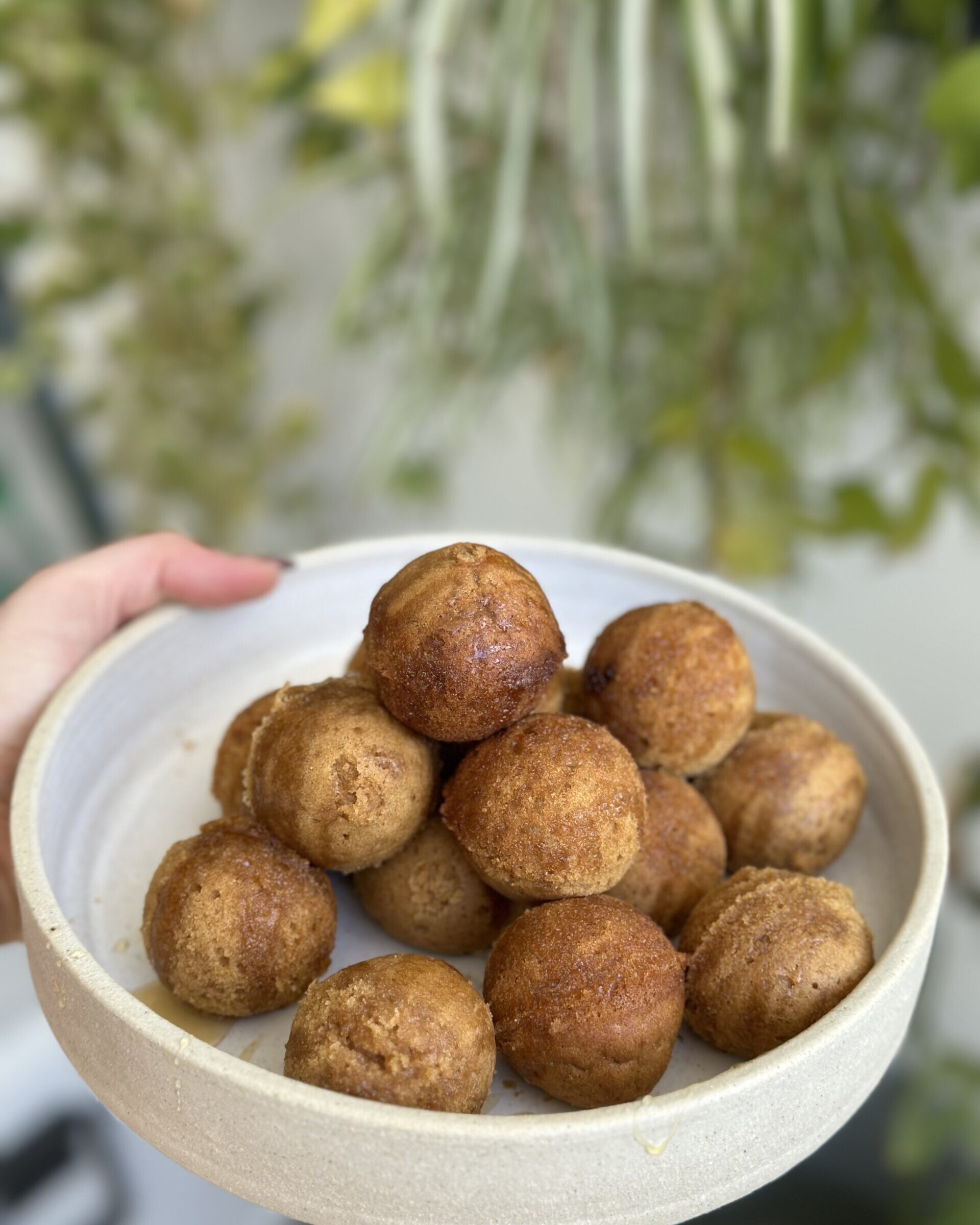No matter the weather or mood, tea is one of the most used beverages in the world.
According to a study completed by Roy Morgan in 2016, 9.8 million Australian’s aged 14 and up drank at least one cup of tea a week.
There is no denying it; we all love and drink tea, but what exactly are the health benefits of brewing tea?
Gives you energy

When we need a caffeine boost, we are always quick to pick coffee as our preferred drink. However, studies have shown that tea has the same amount of caffeine as a cup of coffee. Tea, especially black tea, contains an amino acid called L-theanine, known to improve alertness and focus. Tea also gives a stable and more prolonged energy boost, unlike coffee with a more significant boost of energy but a shorter lifespan.
Are you looking for a tea to boost your energy? Try our Energy tea with Liquorice, Lemongrass, Siberian Ginseng, Ginger, Orange Peel, Hibiscus, Gotu Kola, Cinnamon. This blend is naturally sweet and has lovely uplifting effects.
Boosts moods and aids relaxation

While tea can keep you alert and focused, it can also be an excellent way to boost your mood. L-theanine, the Amino acid that is responsible for keeping you energised is the same amino acid that helps promote your good mood.
According to a study conducted in 2015, consuming tea can help increase your mood. Herbal teas like Chamomile, lavender and rose can have anti-anxiety properties and reduce stress when brewing.
Want a tea to wind down with at the end of the day? Try out Meditation tea. This meditative tea includes Tulsi, Gotu Kola and Yerba Mate, all known for their anti-anxiety and mood-boosting properties.
Help strengthen the immune system & heart health.
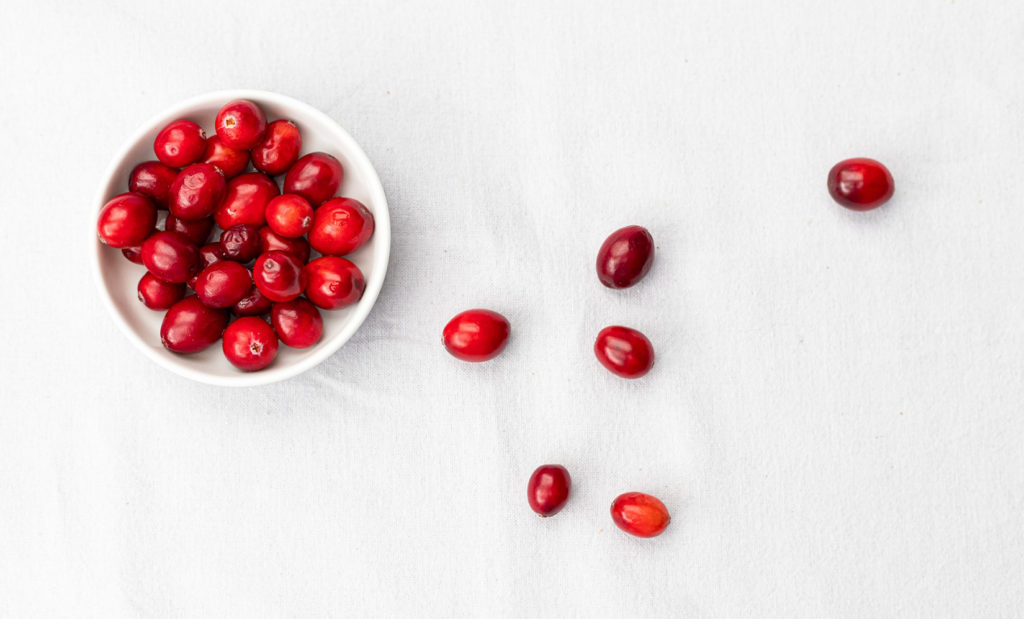
Our immune system is our first line of defence against infection, and when this system is down, it means that we are prone to all sorts of nasty sicknesses. The key ingredient to protecting and maintaining a healthy immune system, according to BetterHealth, is antioxidants. Most fruits and vegetables contain Antioxidants; however, tea also contains vital antioxidants to support your immune system.
By drinking tea, we are not only helping to keep our immune system boosted, but we are also helping maintain our heart health. Studies have shown that people who drink black or green tea three or more times a week may help benefit their heart health.
An excellent tea to boost your immune system is our Antioxidant tea, made with a mix of berries, including Goji Berry, Cranberries and Schizandra, which are known for their antioxidants. Or try our Immune tea with ingredients such as Echinacea and ginger. It is the perfect blend to help cure a cold and naturally boost your immune system.
Improves gut health
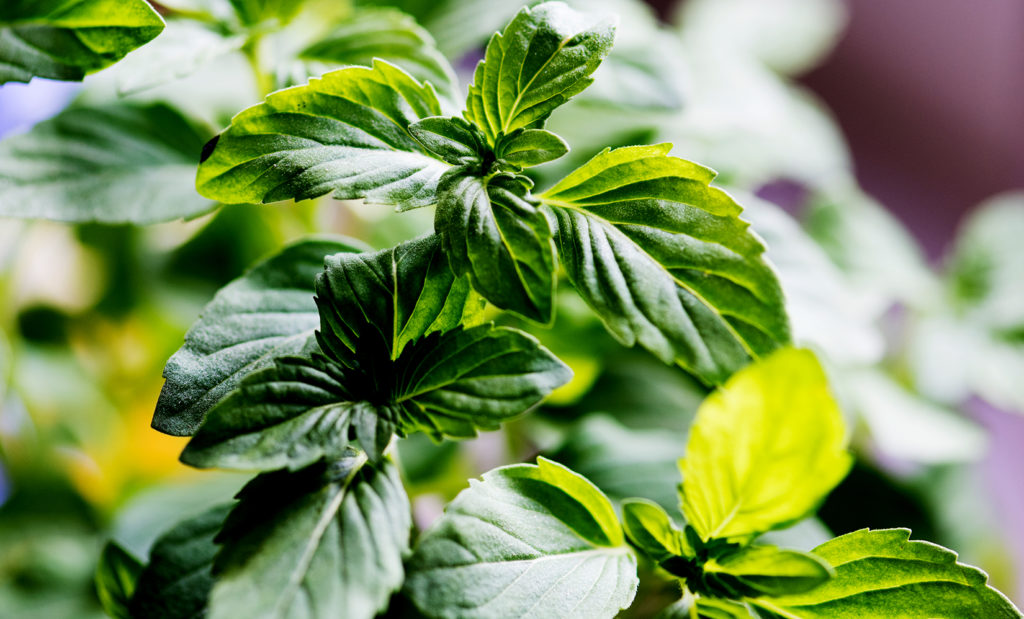
Your stomach is the home of trillions of bacteria, and studies have shown that certain types of bacteria can play a significant role in your overall health. While some bacteria is good for you, some bacteria can be harmful and increase the risks of certain health conditions like type 2 diabetes, inflammatory bowel disease and even cancer.
One way of maintaining healthy bacteria in your stomach is by drinking herbal teas such as peppermint tea. Peppermint is widely known to aid digestion and help treat stomach aches and pains caused by gastrointestinal ailments by soothing the symptoms. It also contains antiviral and antimicrobial properties, which help kill off harmful bacteria in your stomach.
Have an upset stomach? Why not try our Peppermint tea. It is 100% organic and sourced from Egypt.
Bibliography
- Roy Morgan (2016). The Tea Party: Australians Cuppa. Roy Morgan. Accessed <http://www.roymorgan.com/findings/6937-tea-party-australians-love-a-cuppa-201608290942>
- Bryan, J (2008). Psychological effects of dietary components of tea: caffeine and L-theanine. National Library of Medicine. Accessed <https://pubmed.ncbi.nlm.nih.gov/18254874/>
- Dong, X, Yang, C, Cao, S, Gan, Y, Sun, H, Gong, Y, Yang, H, Yin, X, & Lu, Z. (2015). Tea consumption and the risk of depression: A meta-analysis of observational studies. Australian & New Zealand Journal of Psychiatry. Accessed <https://journals.sagepub.com/doi/10.1177/0004867414567759?url_ver=Z39.88-2003&rfr_id=ori%3Arid%3Acrossref.org&rfr_dat=cr_pub++0pubmed&>
- Wack, M (2020). A Calming Cup: Why Drinking Tea for Stress and Anxiety Can be Helpful. BetterHelp. Accessed <https://www.betterhelp.com/advice/stress/a-calming-cup-why-drinking-tea-for-stress-and-anxiety-can-be-helpful/>
- BetterHealth (n.d) Antioxidants. Better Health Channel. Accessed <https://www.betterhealth.vic.gov.au/health/healthyliving/antioxidants#diseasefighting-antioxidants>
- Bøhn S, Ward N, Hodgson J, Croft K (2012) Effects of tea and coffee on cardiovascular disease risk. National Library of Medicine. Accessed <https://pubmed.ncbi.nlm.nih.gov/22456725/>
- Robertson, R (2017). Why the Gut Microbiome Is Crucial for Your Health. Healthline. Accessed <https://www.healthline.com/nutrition/gut-microbiome-and-health>
- Ell, C (N.D). Is Mint Tea Good for an Upset Stomach? Livestrong. Accessed <https://www.livestrong.com/article/470187-is-mint-tea-good-for-an-upset-stomach/>
About the Author:
Latasha Trenaman is a Sydney based writer who is passionate about healthy eating. Latasha’s partner was diagnosed with diabetes in 2018. She has made it her life mission to share her and her partners’ experiences living with diabetes by promoting healthy food, especially sugar-free options. She believes in the power of writing and how it can inspire others in their journey to becoming more healthy. When she is not writing, she is walking her dog or baking sugar-free treats.

